Why you should never exercise on an empty stomach
Leading exercise physiologist and nutritional scientist Dr Stacy Sims explains why you should never exercise on an empty stomach
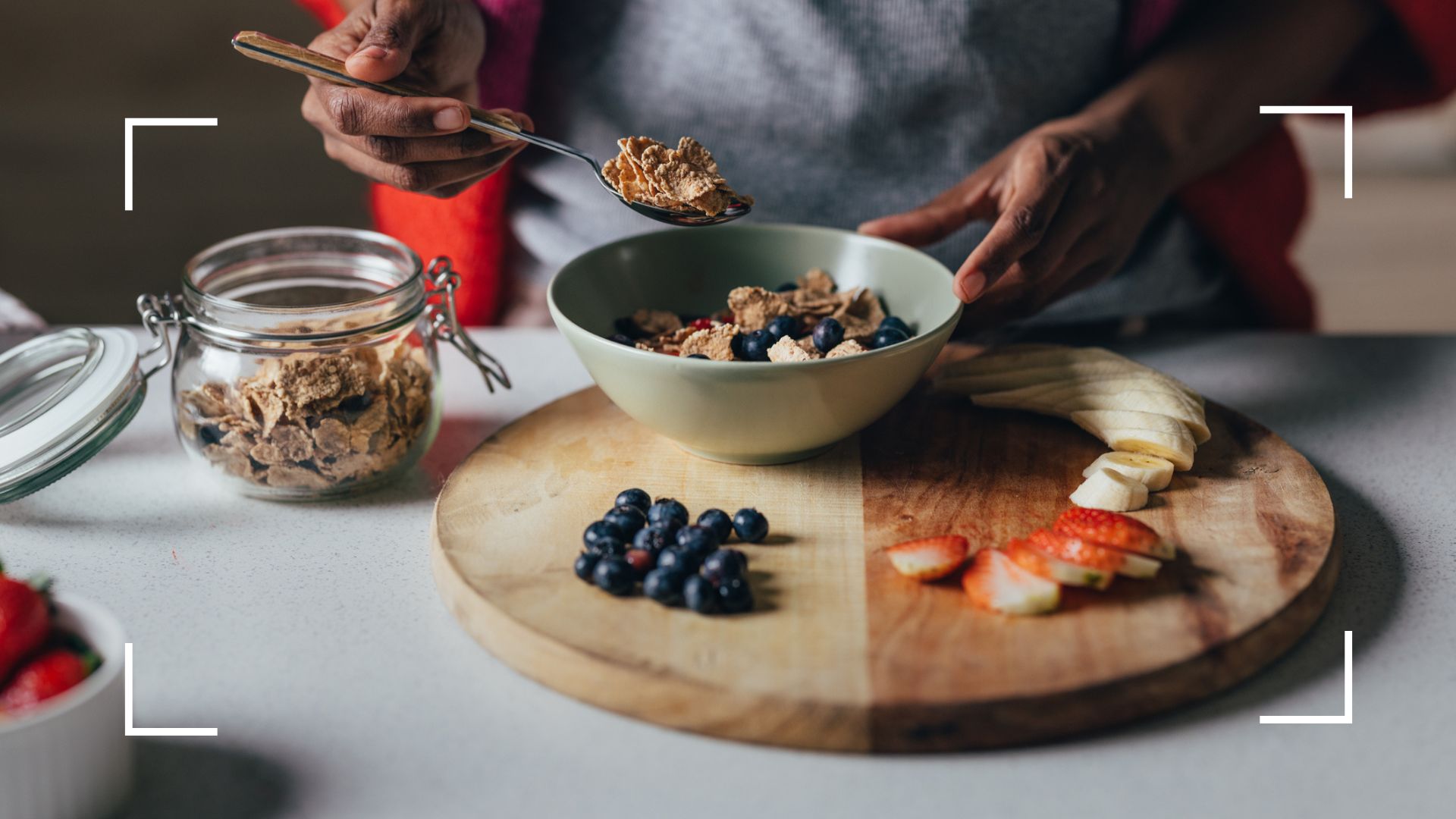

To exercise on an empty stomach or to not exercise on an empty stomach, that is the question when it comes to eating and working out. While we've often been told it's down to personal preference, there are some clear benefits of one over the other.
For years, those who want to lose weight have been told to ditch breakfast and exercise in the morning in a 'fasted' state, which essentially means exercising on an empty stomach. The idea is that fasted cardio burns more fat and in some cases (per research by Federal University of Rio Grande do Sul), it works to a minimal effect. However, many of these studies have been conducted on men, whose bodies work differently from women's. Several studies have specifically examined women's response to fasted cardio and found little to no difference between fasted and fed cardio with fat loss.
When it comes to our hormones though, there is a big difference. There are several pressing reasons why you should always eat before a workout, whether your goal is to lose weight, improve your fitness, or just reap the mental health benefits of exercise. Exercising in a 'fasted' state can disrupt the production of some essential hormones and if you're going through any of the stages of menopause, where the hormones are already in flux, it's something to stay well clear of.
Speaking to new health and wellbeing platform Unfiltered, exercise physiologist and nutritional scientist Dr Stacy Sims explains exactly why this happens, why to avoid exercising on an empty stomach, what to eat before a workout, and what you really need to do if you want to lose weight.
Why you should never exercise on an empty stomach
Doing fasted cardio can disrupt the production of two key hormones: oestrogen and progesterone. While these hormones are most well known for the role they play in maintaining reproductive health, oestrogen also helps to keep our bones healthy, optimises brain function, and helps to regulate our mood. Progesterone has a role in regulating our appetite and maintaining several essential systems, including the nervous, immune, and cardiovascular systems, and kidney function. Needless to say, keeping up a healthy production of these hormones is important for general health and wellbeing.
Kisspeptin, a group of neurons in the hypothalamus area of the brain, is one way the body creates these two hormones, explains Dr Sims. "It's an essential group of neurons that's responsible for development [of sex hormones and reproductive function]," along with the endocrine system, which is made up of all the different hormones in the body and supports other processes like healthy glucose levels, body composition, and appetite regulation.
"In women, there are two areas of kisspeptin neurons because we have a menstrual cycle and a very robust endocrine system that changes over the course of a month. In men, there is one [area of kisspeptin]." This explains why fasted cardio is seen to be hugely beneficial for men, especially when it comes to making progress in fitness or losing fat.
Sign up for the woman&home newsletter
Sign up to our free daily email for the latest royal and entertainment news, interesting opinion, expert advice on styling and beauty trends, and no-nonsense guides to the health and wellness questions you want answered.
The problem with fasted cardio is that it decreases the production of kisspeptin and in turn, the production of oestrogen and progesterone, along with other hormones. As a study by Guru Nanak Dev University found, fasting decreases the production of kisspeptin, disrupting the release of oestrogen and progesterone in turn. With this, Dr Sims adds that "we start to see a downregulation of the thyroid [a gland that controls other hormones related to body temperature and heart rate] within even four days," demonstrating the effects of less than a week's worth of fasted cardio on the body.
Without a suitable energy balance, i.e a good balance of energy (food) coming into the body and going out, kisspeptin production is limited and this throws the production of the key hormones into trouble.
Naturally, this can be an issue for anyone, but it's a particular problem for anyone going through the symptoms of menopause as oestrogen and progesterone hormones are already in flux (perimenopause) or declining (menopause), so it may make symptoms worse.

Dr Stacy Sims, PhD, is an exercise physiologist and nutrition scientist who aims to revolutionise exercise nutrition and performance for women. She has published more than 70 peer-reviewed papers, and authored female-focused performance optimisation books, Roar, and Next Level, which challenge the existing dogma around exercise, nutrition, and health for women. She regularly speaks at professional and academic conferences, including those by USOC and USA Cycling. She lives in Mount Maunganui, New Zealand.
If you prefer to exercise in the morning, there's even more reason to eat something before heading out. Dr Sims explains that after waking up, "there's a higher elevation of cortisol already in women. When we start trying to do either lifting or heavy cardio intensity, we're not going to be able to hit those intensities without stressing the body. When the body is stressed [and under-fueled], it enters a catabolic state. In this catabolic state, the brain thinks that there are not enough calories so it starts conserving [those calories]."
So, if you're trying to learn how to lose weight without exercising too much, this is really something to consider. "The way I get people to understand this is that you want to fuel your body for the stress at hand. For women, it's really essential because you're not a diesel engine, you can't run on fumes. You actually need really good fuel to make change, to make adaptive responses work for you. For men, it's a different story because their engine is completely different."
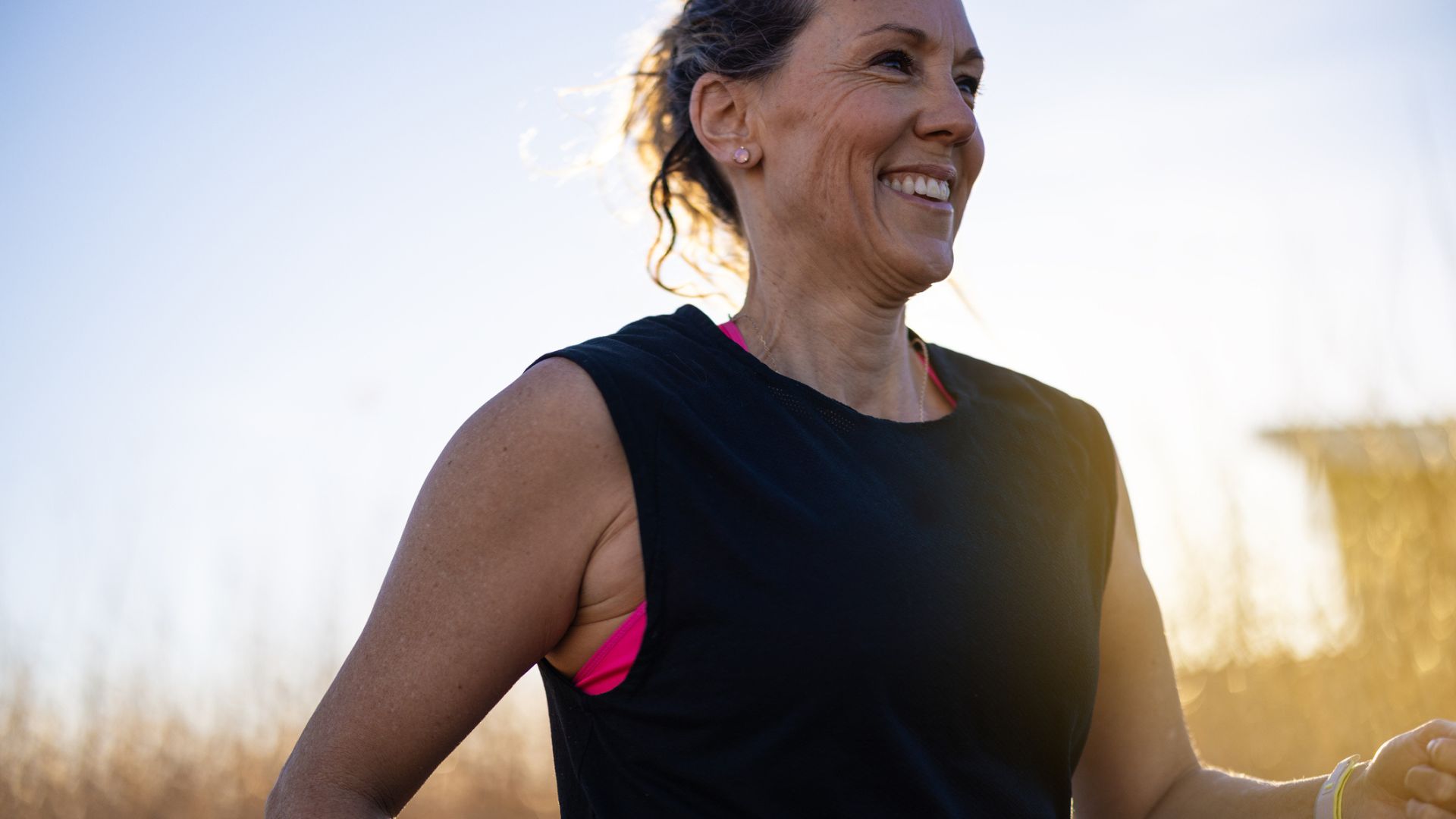
If you're trying to lose weight, there's no need to train in a fasted state, says Dr Sims. Instead, she says there are two main things to focus on.
"We know that increasing protein intake, without exercise, can re-composition the body over the course of three months [when you hit] one gram per pound or two grams of protein per kilogram of body weight. And if you're doing that regularly, then it does facilitate body fat loss," she explains. So, if there was ever a time to invest in the best protein powder for women or include more high-protein, low-calorie foods, it's when you're trying to lose weight.
"The other thing is just a slight calorie reduction in the afternoon, away from training, or even a smaller dinner, and no snack after dinner," she says. "It really goes far because you're working by giving your body the fuel that it needs in the day and it's also giving your body the opportunity to really utilise body fat while you're resting in the evening and sleeping so that your body's still able to recover but it has fuel from body fat."
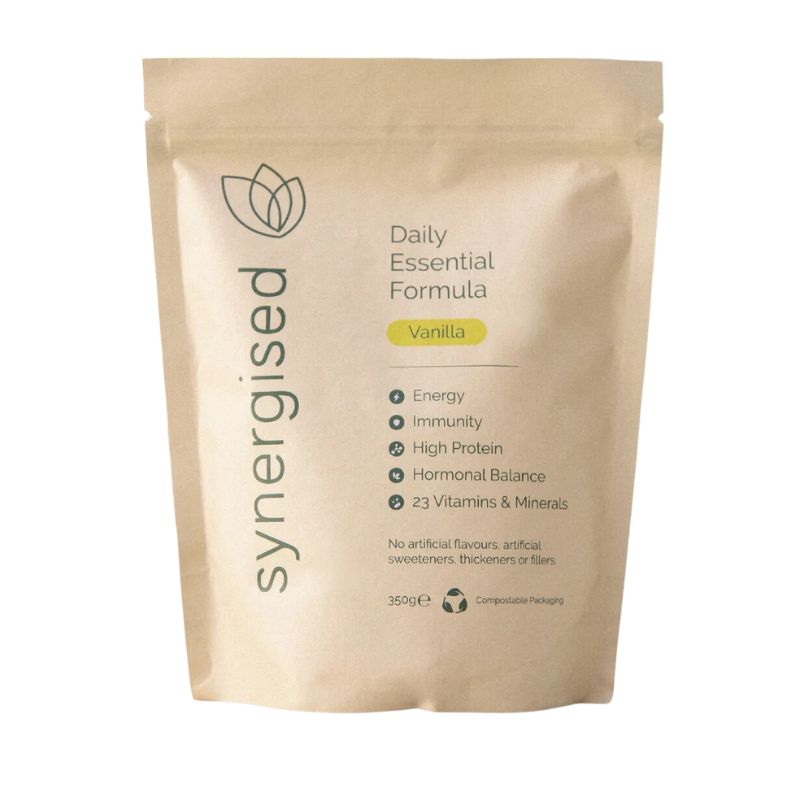
For maximum protein for minimum serving, Synergised's Daily Essential Formula is a great option. Made from pea protein and flavoured with natural vanilla, there is an impressive 23g of protein here per serving. Plus, with 23 other vitamins and minerals, there are so many other health benefits of protein powder to be had here. Great for smoothies, in overnight oats, or as a shake.
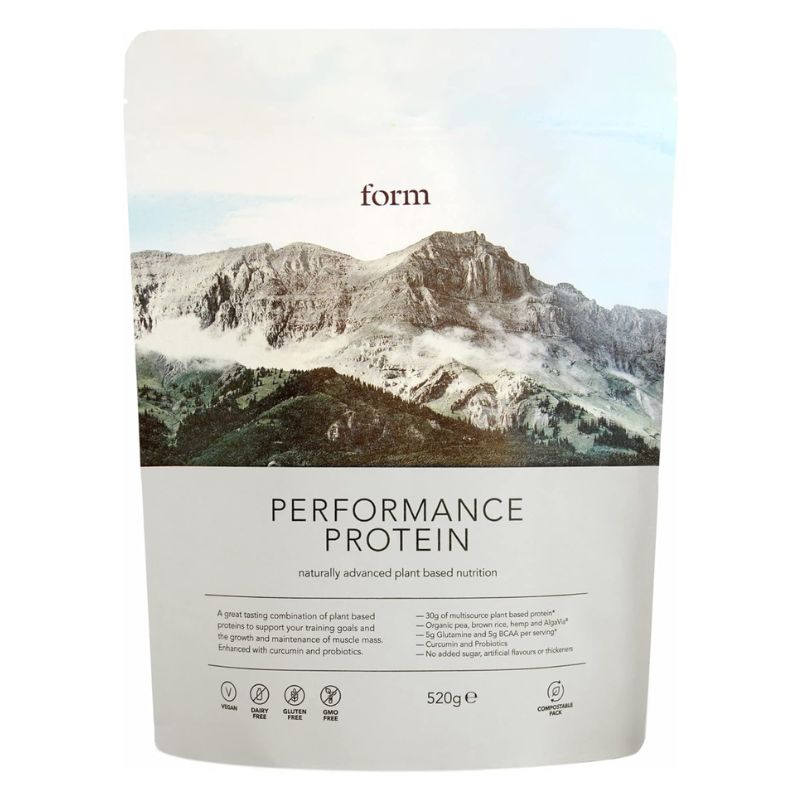
A hugely impressive 30g of protein per serving, available in multiple interesting flavours - including Tiramisu, Banoffee, and Chocolate Peanut - and stocked on Amazon, the Form Performance Protein is an animal-based protein powder that ticks all boxes when it comes to flavour, texture, and protein per serving.
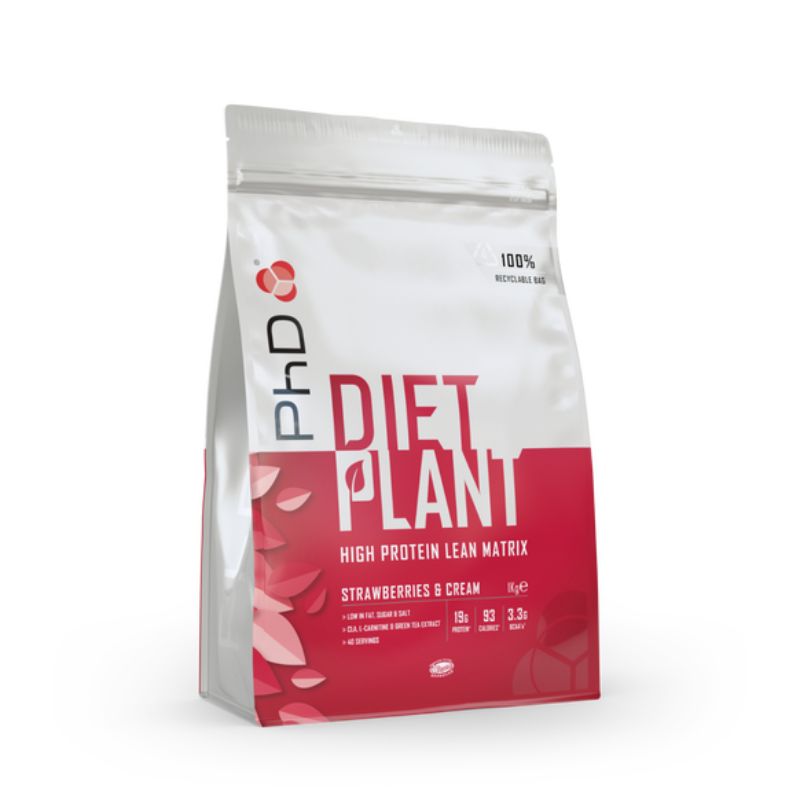
Along with those who are vegan or vegetarian, many people find plant-based protein to be easier to digest than animal-based protein. This one from PhD is one of the best protein shakes for weight loss and comes in strawberry and cream (my personal favourite), Belgian Chocolate, and Salted Caramel.
What should I eat 30 minutes before a workout?
30 minutes before a workout, you should have a small snack, says the doctor. "When I talk about a 'fed state', I'm not talking about a lot of food. People think they have to have a full breakfast but if you're going to do strength training then it's 15 grams of protein, which is about 80 to 100 calories. That's enough to get the amino acids circulating to signal to the brain there's nutrition coming in." For an easy option, find your pick of high protein snacks.
If you're doing a lot of cardio exercise, you'll need a few more carbohydrates in there too. "You'll want to have 30 grams of carbohydrate with those 15 grams of protein, which isn't a lot, maybe 200 calories max you have before."
After the workout, she says, have your breakfast. "Have a good dose of protein, and some carbohydrates, and have your breakfast."
What is the minimum time to eat before a workout?
The minimum amount of time you should leave to eat before a workout largely depends on what type of exercise you're doing. Strength training, for example, doesn't have so much of an impact on the digestive system as running or doing cycling as a workout, so you might be able to eat 30 minutes before your session. However, those doing cardio workouts like running should aim to eat a balanced meal two to three hours beforehand, per research by Lindenwood University among others.
Leaving a few hours before heading out can help the body to start digesting the food, meaning you're less likely to experience discomfort during your run - like 'stitches' and nausea - and be able to better utilise the energy from the food for fuel.
What foods to avoid before workout?
- Fibre-rich foods: Fibre-rich foods will keep you fuller for longer and may sit among the top gut-healthy foods, but eating fruits, beans, lentils, leafy green vegetables, nuts and seeds before you exercise can cause digestive discomfort.
- Dairy products: Dairy is high in protein and a great snack post-workout but best avoided beforehand as it's high in fat, so it takes longer to digest. This could lead to some uncomfortable bloating issues and flatulence.
- Spicy foods: These contain a combination of acids that can cause the walls of the stomach to burn when eaten before exercise, so it's best to avoid spicy foods if you're planning to exercise after eating.
- Eggs: Eggs are a great source of protein and having one to two eggs after a workout is a great way to recover from the effort. But before a workout, eating eggs may make you feel nauseous, make you vomit, and cause headaches and stomach cramps.

Grace Walsh is woman&home's Health Channel Editor, working across the areas of fitness, nutrition, sleep, mental health, relationships, and sex. She is also a qualified fitness instructor. In 2025, she will be taking on her third marathon in Brighton, completing her first ultra marathon, and qualifying as a certified personal trainer and nutrition coach.
A digital journalist with over seven years experience as a writer and editor for UK publications, Grace has covered (almost) everything in the world of health and wellbeing with bylines in Cosmopolitan, Red, The i Paper, GoodtoKnow, and more.
-
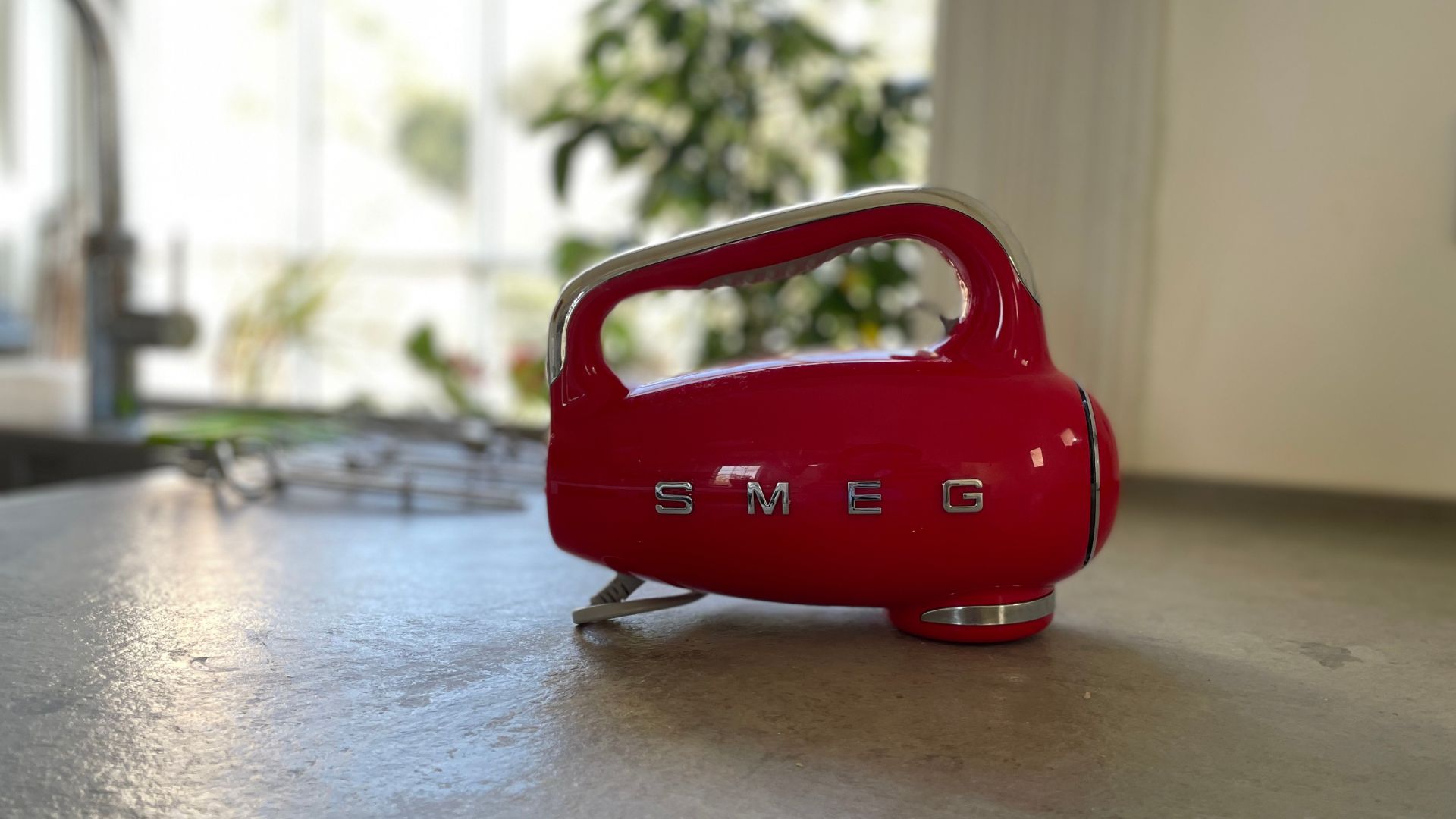 Smeg's retro hand mixer puts the 'king' in baking - I'm convinced it's the best
Smeg's retro hand mixer puts the 'king' in baking - I'm convinced it's the bestThe Smeg 50s Style Hand Mixer is every keen baker's dream: it whips up cream, mixes cookie dough, and kneads bread like the best hand mixers on the market
By Laura Honey Published
-
 From highlights to glosses, here's everything you should know before colouring Afro-textured hair
From highlights to glosses, here's everything you should know before colouring Afro-textured hairKeep your curls and coils healthy during colour processes with this beauty editor's guide
By Keeks Reid Published